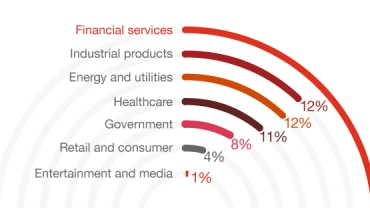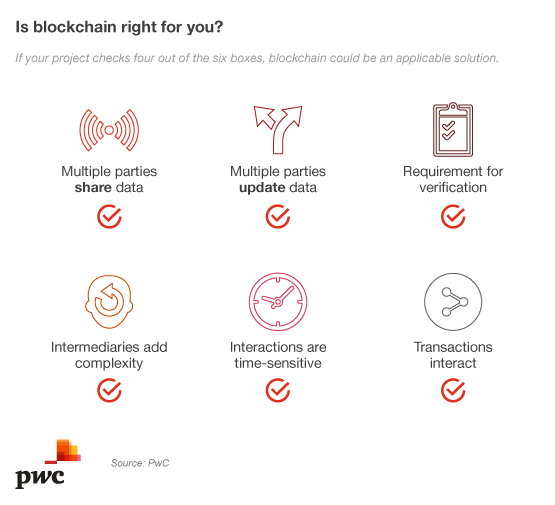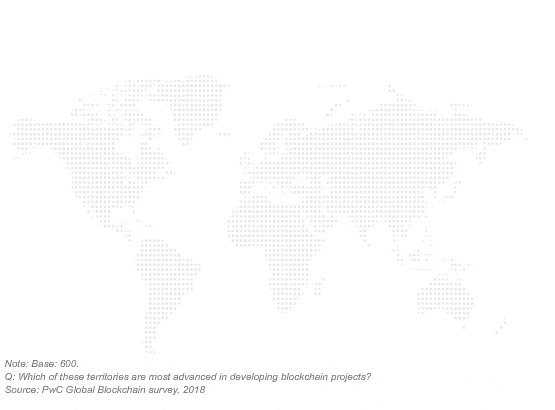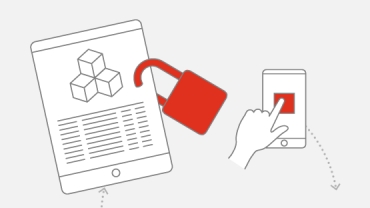
Bitcoin was released in 2009 as a digital currency system via a simple posting to a niche mailing list. Over time, interest has grown not only in the digital currency, but also in the underlying blockchain and distributed ledger technology. This interest has morphed into a global movement that, according to the World Economic Forum, will become the ‘beating heart of finance’ within five years. The underlying technology has the potential to transform not only each industry that it touches, but also the internet itself by bringing in a level of security that is clearly needed. So, what does this technology mean to us in industry and specifically here within the Channel Islands?
84% of respondents say their organisations have some involvement with blockchain technology
How far along are companies with blockchain?

Signs of the new blockchain world
Tokenised everything
The representation of real or virtual assets on a blockchain is spreading to raw materials, finished goods, membership rights, and more. These digital tokens will transform company processes and usher in new business models.
ICOs are self-funding the tech
Initial coin offerings, in which a company sells a predefined number of digital tokens to the public, are a growing alternative to classic debt/capital funding. They’re raising billions of dollars for the development of blockchain technology platforms.
ERP + blockchain
Enterprise software platforms that are the engine for company operations like finance are beginning to integrate blockchain. Using blockchain with their ERP systems, companies can streamline processes, facilitate data sharing, and improve data integrity.
New leaders emerge
Our survey respondents still perceive financial services to be the current and near-term future leader of blockchain, but other industries are on the rise (see left).

Which industries are seen as leaders in blockchain

Which territories are seen as blockchain leaders — today and tomorrow

It’s hard to trust blockchain
By design, blockchain can foster trust. But in reality, companies confront trust issues at nearly every turn. 45% believe lack of trust among users will be a top barrier.
How to overcome the trust barrier
Blockchain’s trust paradox is a significant, but not insurmountable, challenge. Here are four strategies for navigating this new world.













